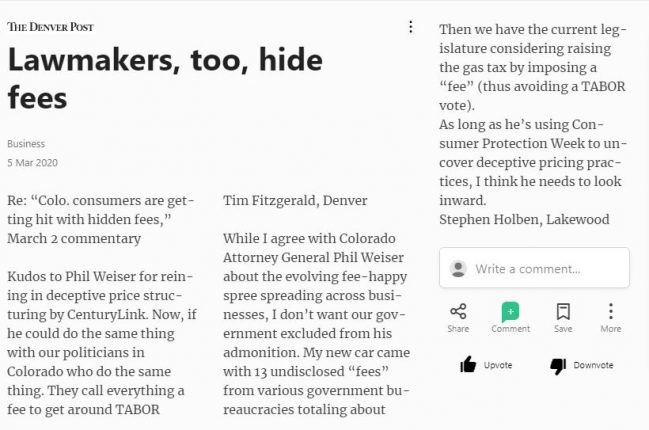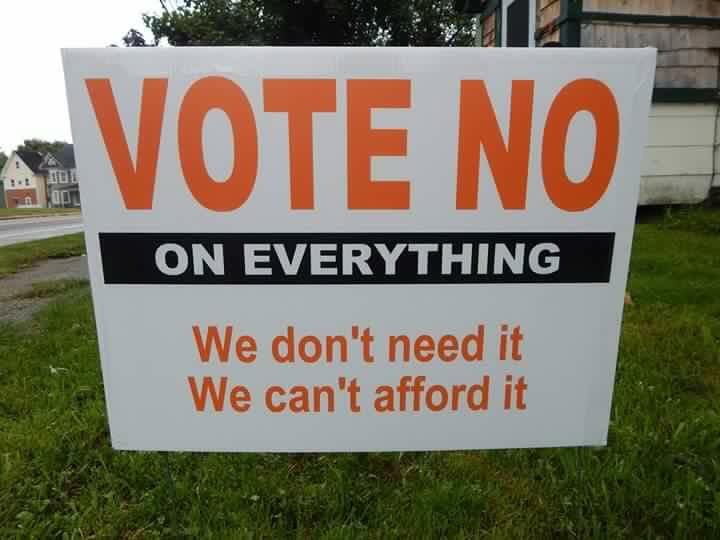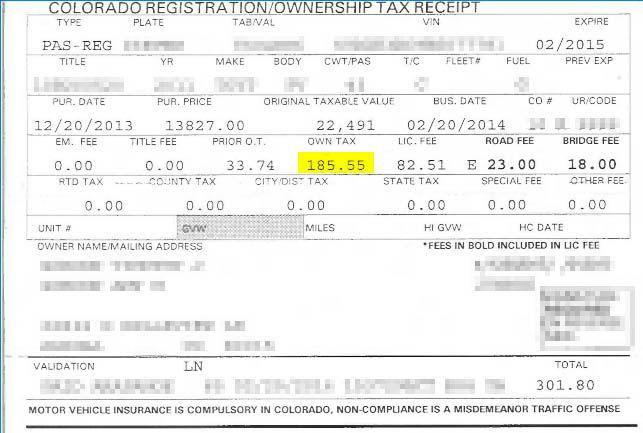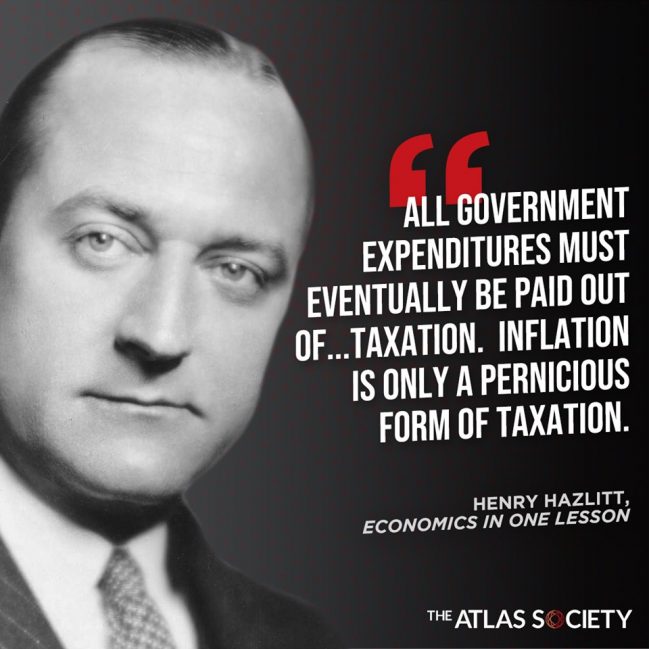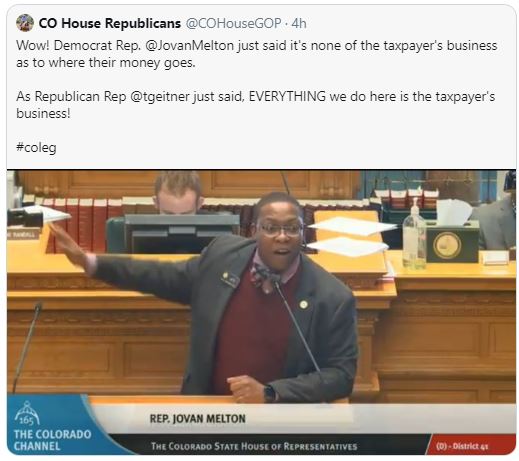April 7, 2020 by Dan Mitchell
As explained in this short video, a spending cap limits how fast a government’s budget can grow each year.
That’s a very sensible approach, sort of like having a speed limit in a school zone, and even left-leaning international bureaucracies have concluded it’s the best fiscal rule.
That being said, not all spending caps are created equal. A fiscal rule that allows continuous increases in the burden of government spending is akin to an excessive speed limit on the road in front of an elementary school.
is akin to an excessive speed limit on the road in front of an elementary school.
At a minimum, a spending cap should keep the spending burden constant (relative to the economy’s productive sector). Even better, a spending cap should fulfill the Golden Rule of fiscal policy by slowly but surely reducing the size of government.
Let’s learn from a real-world example.
Ben Wilterdink, a Visiting Fellow with the Alaska Policy Forum, explains for readers of the Peninsula Clarion that the state has a spending cap, but one that is set too high.
Alaska is in the midst of a perfect fiscal storm. …Even before the present crisis, our state faced large budget deficits and tough decisions about how to make ends meet. …That’s why adopting a functional limit on the growth in state spending is essential for long-term economic success.
…a functional limit in the growth of state spending decreases the temptation to dramatically increase spending when economic times are good, creating new budget expectations that are difficult to maintain during inevitable economic downturns… Technically, Alaska already has a constitutional spending cap in place, but the formula used renders it basically meaningless. …While Alaskans can’t retroactively adopt a meaningful spending limit, we can ensure that those economic benefits are captured going forward.
So why is a spending cap now an important issue?


